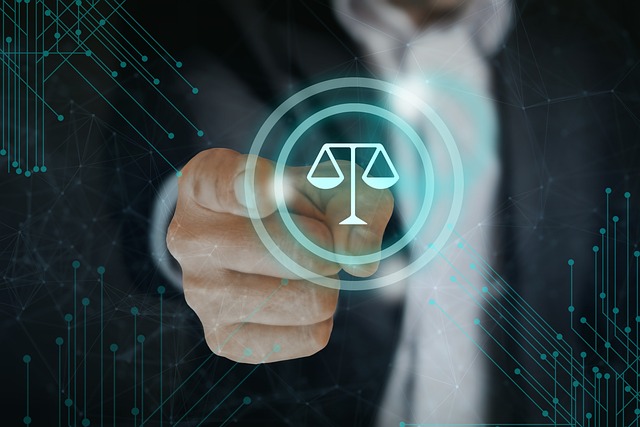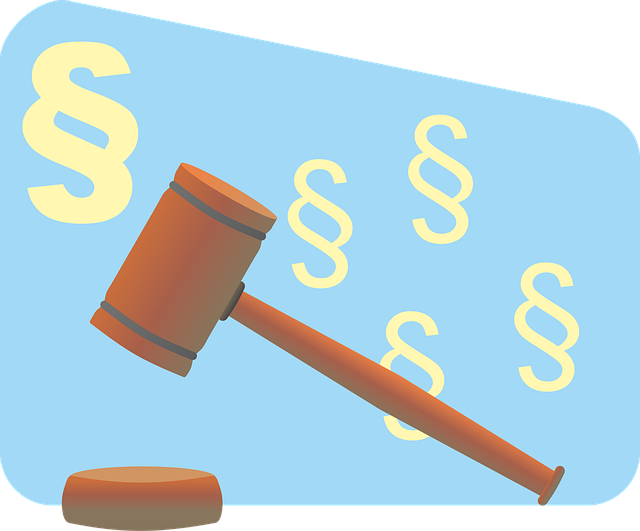Healthcare compliance experts play a vital role in navigating complex legal and ethical standards, ensuring patient rights, data privacy, and fair business practices. They are crucial in understanding and applying laws like HIPAA and the Anti-Kickback Statute, as well as addressing the ethical implications of plea bargaining decisions in white-collar crimes. Their expertise helps organizations balance legal consequences with reputation preservation, demonstrating their ability to steer institutions through complex situations while maintaining integrity in a dynamic regulatory environment. Specifically, these experts offer nuanced insights into plea bargain negotiations, ensuring fair outcomes and guiding attorneys through the ethical considerations that impact criminal justice reform and public trust.
Healthcare compliance experts play a pivotal role in ensuring ethical practices within the healthcare industry. They navigate complex regulations, guiding institutions to avoid legal pitfalls. This article delves into the intricate world of these professionals, exploring their responsibilities in managing plea bargaining decisions with potential ethical dilemmas.
We examine how expert testimony influences these choices, highlighting the delicate balance between legal requirements and moral considerations. Additionally, we provide strategies for compliance specialists to navigate these complex scenarios, focusing on the ethical implications of plea bargaining decisions.
- Understanding Healthcare Compliance Experts: Their Role and Responsibilities
- Ethical Dilemmas in Plea Bargaining: A Complex Landscape
- The Impact of Expert Testimony on Plea Bargain Decisions
- Navigating Legal and Ethical Boundaries: Strategies for Compliance Professionals
Understanding Healthcare Compliance Experts: Their Role and Responsibilities

Healthcare Compliance Experts play a pivotal role in ensuring that healthcare organizations adhere to complex legal and ethical standards. Their primary responsibility is to navigate the intricate web of regulations, policies, and best practices designed to protect patient rights, safeguard data privacy, and promote fair business practices within the industry. These experts are well-versed in laws such as HIPAA (Health Insurance Portability and Accountability Act) and the Anti-Kickback Statute, ensuring that healthcare institutions maintain secure electronic health records, comply with billing practices, and avoid unethical behaviors like bribery or illegal kickbacks.
Beyond these duties, Healthcare Compliance Experts must also consider the ethical implications of plea bargaining decisions, especially in cases involving white-collar crimes within healthcare settings. For his clients, they strive for solutions that balance legal consequences with the preservation of reputations and ongoing operations. Their unprecedented track record in steering organizations through these complex situations attests to their expertise, ensuring that institutions learn from past mistakes while maintaining their integrity in an ever-changing regulatory landscape.
Ethical Dilemmas in Plea Bargaining: A Complex Landscape

Plea bargaining, a cornerstone of criminal justice systems, presents intricate ethical dilemmas for healthcare compliance experts navigating complex legal landscapes. The process, involving accused individuals pleading guilty to reduced charges in exchange for a lesser sentence, raises profound questions about fairness and justice. This strategy can significantly impact individuals’ lives, careers, and the public’s perception of healthcare institutions, especially when it involves professionals within these sectors.
The ethical implications extend beyond the immediate case, resonating through all stages of the investigative and enforcement process. Jury trials, while intended to ensure a fair verdict, can be influenced by plea bargains, potentially shaping public trust in the system. Furthermore, the decisions made during this phase reflect upon the values upheld by philanthropic and political communities, as they consider the broader societal impact of criminal justice reform.
The Impact of Expert Testimony on Plea Bargain Decisions

The presentation of expert testimony plays a pivotal role in shaping plea bargain decisions within the legal landscape. Healthcare compliance experts, with their specialized knowledge, can significantly influence the outcome of such negotiations. Their insights and analyses offer a nuanced understanding of regulatory affairs, helping to navigate complex legal terrains. When addressing ethical implications of plea bargaining decisions, these experts provide crucial context, ensuring that any agreements remain fair and just.
By offering evidence-based perspectives, they assist attorneys in evaluating the potential consequences for their clients. This includes assessing the likelihood of a complete dismissal of all charges, which is a desired outcome for many defendants. Ultimately, their expert opinions foster informed decision-making, balancing the interests of justice with the specific needs of respective businesses facing legal challenges.
Navigating Legal and Ethical Boundaries: Strategies for Compliance Professionals

Navigating Legal and Ethical Boundaries is a delicate art for healthcare compliance experts. As they guide respective businesses through complex regulatory landscapes, their decisions carry significant weight and have far-reaching implications. Compliance professionals must balance legal requirements with the ethical considerations that shape public trust in healthcare institutions. This involves meticulous attention to detail when interpreting laws and regulations, particularly those pertaining to patient privacy, data security, and reporting protocols.
One critical aspect they confront is understanding the Ethical Implications of Plea Bargaining Decisions, especially in cases involving general criminal defense. These professionals ensure fair practices, upholding integrity while managing potential conflicts between legal strategies and ethical standards. By staying informed about evolving legal precedents and ethical guidelines, compliance experts can advise their clients on navigating these intricate boundaries, fostering a culture of accountability and transparency within the healthcare sector.
Healthcare compliance experts play a pivotal role in ensuring ethical practices within the medical industry. By navigating complex legal and ethical boundaries, they guide institutions towards making informed decisions, especially in plea bargaining scenarios. Understanding the impact of expert testimony is crucial, as it can significantly influence the outcomes of these agreements, thereby shaping the ethical implications of plea bargain decisions. Compliance professionals must stay vigilant, adopting innovative strategies to maintain integrity while adhering to evolving regulations.






